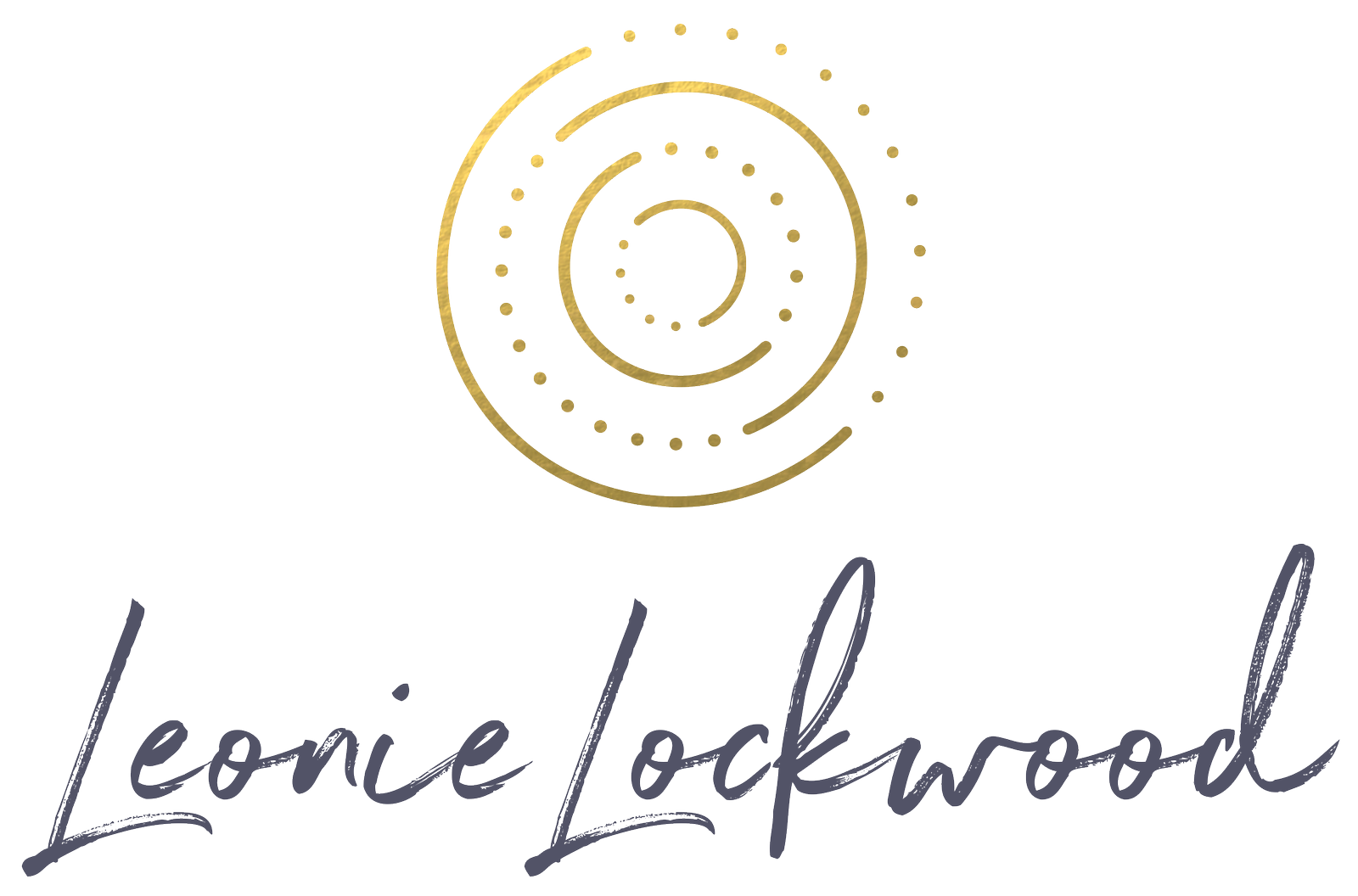We’re good at denying ourselves joy. Our ability to allow joy and happiness into our lives has been lost in a myriad of to do lists and associated fatigue. Here’s my take on where we can improve.
1. Know your values
Get congruency between mind, body and spirit by knowing your values. Feeling forced to stay in jobs or relationships that do not add value, honour or respect to our lives leads to long term health problems. Adherence to our personal values is essential for our happiness. Most of us haven’t taken the time to define what our values are and how we would like to express them. Know ing your values, means that you can then behave in accordance with them. Here’s a little value’s identification quiz I found online to help you define yours.
2. Appreciate the small things in life
.
This one’s an oldie but a goodie and I’m throwing it in because one of the hardest things to do in life is to notice and appreciate the many small incidences or kind actions that cross our path every day. We keep looking for big external experiences that will make us happy and end up not seeing what’s beneath our noses every day. Dr Rick Hanson, author of ‘Hardwiring Happiness; the practical science to reshaping your brain – and your life’ outlines a simple four step process to embedding happy experiences into our internal world.
1. Take time to really notice just one or two things a day.
2. Engage all the senses. What does the experience smell, look, feel, taste, sound like?
3. Then take about 10 – 20 seconds to savour the moment, draw the experience out. This allows your brain to process the sensory intake more thoroughly.
4. Recall the experiences. This embeds the knowledge in our neural pathways which in turn begin to change with regular practice, giving us a more abundant approach to life.
3. Avoid sexual intimacy with ourselves or another
I know that not all of us have sexual partners, or require sexual intimacy (I’ve had those times of drought myself), but for the vast majority of us, sexual intimacy is a wonderful way of connecting with our self and others. If you don’t have a partner, be ok with being intimate with yourself. Intimacy is not just the machinations of sex, but the full sensory intake down to the bone. Whether you are with yourself or another set the scene; music, lighting, clothing and warmth so that when you unfold, your heart and body fully open. Allow yourself to be loved, respected and honoured and don’t participate in anything that feels wrong to you. Listen to your intuition it knows stuff your conscious mind does not. If you are feeling way out of touch with yourself, try some breath work and undertake the steps of sensing as outlined in step 2 above to bring focus to your intimacy.
4. Stuck in old habits
Life is an adventure not just an existence. Our early forbears took time out to dance, create art and play and so should we. It’s easy to be stuck in daily habits and to feel that these can’t change. However if we are implementing step three and savouring small daily moments, as well as those more in your face special moments, we are more than likely to find that life will offer up adventure after adventure if we are open to it. We can exist in the confines of our habits, but why would you when you can live in the space between and beyond.
5. Control and rigidity
The right amount of control over your emotions and behaviours is fabulous for your emotional intelligence. Too much control and reserve however, means that it’s tough to surrender to experiences beyond our rational brain. Our ability to dig deep into our creative right brain and take risks without known outcomes gets lost. Taking chances requires embracing vulnerability and Dr Brene Brown gives a great talk on this at www.TEDtalks.com in case you haven’t seen it. (Get yourself a cuppa cos it’s 20 mins long).
6. Playing small
There are plenty of people who downgrade their skills and what they contribute on a daily basis. (I’ve been guilty of this). Many of us are also surrounded by people who want to keep us small, to suit their purposes. Playing small, doesn’t get you anywhere in life; only small wins. ‘I’m not a confident person’ you say but Dr Russ Harris, author of The Confidence Gap, says that the actions of confidence come first, then the feelings of confidence. So don’t way until you are feeling confident to do whatever it is that you’ve been putting off. Just start taking action to get to your goal.
